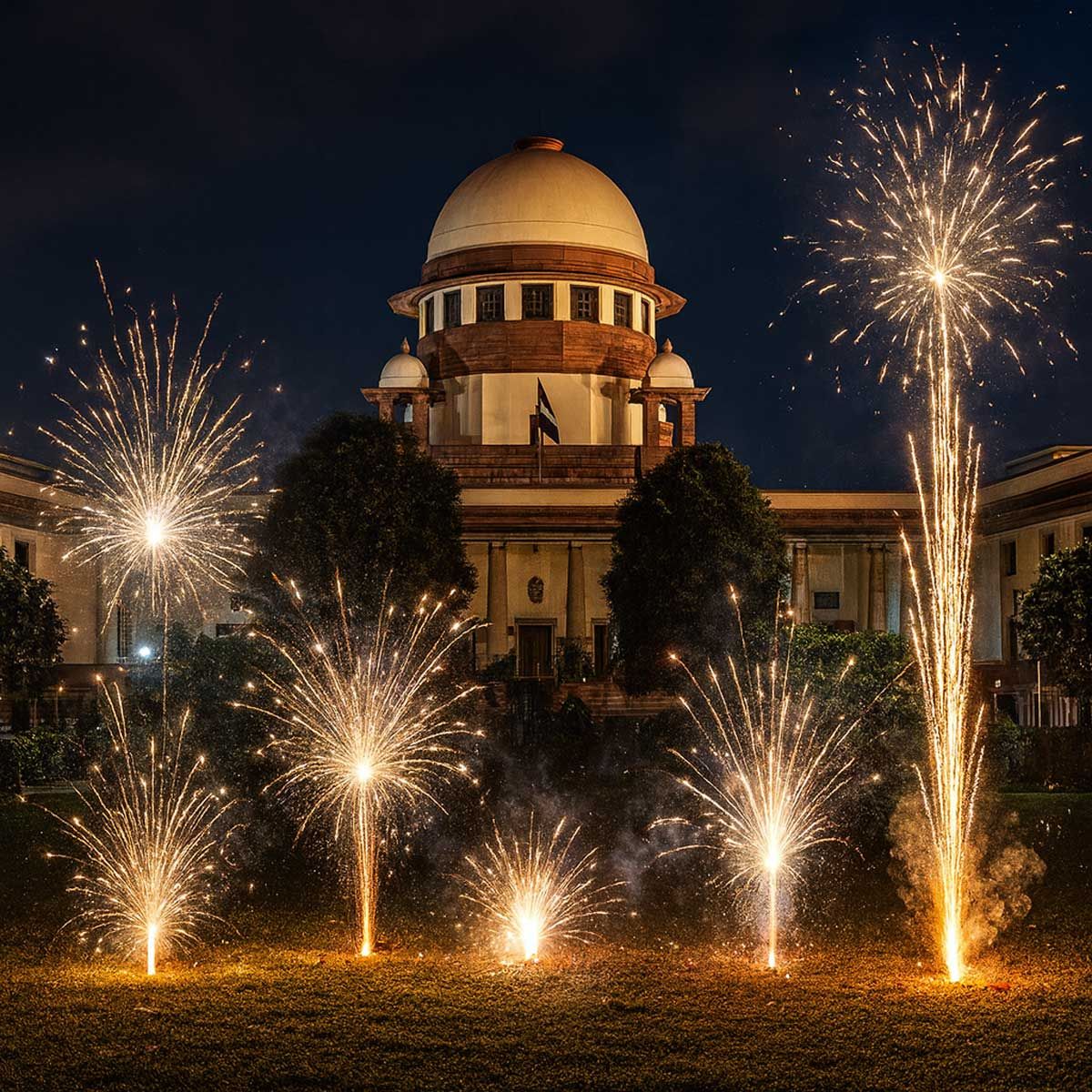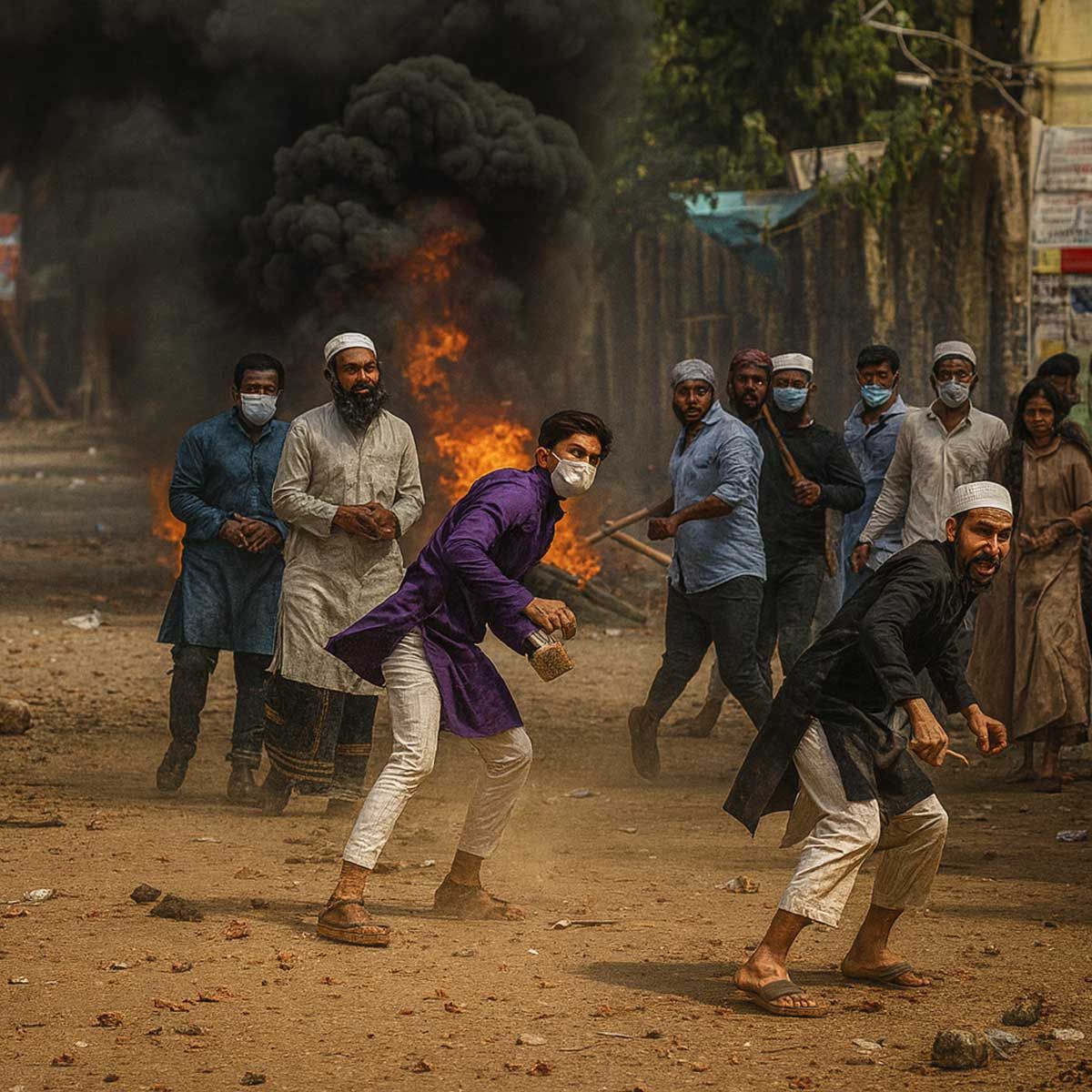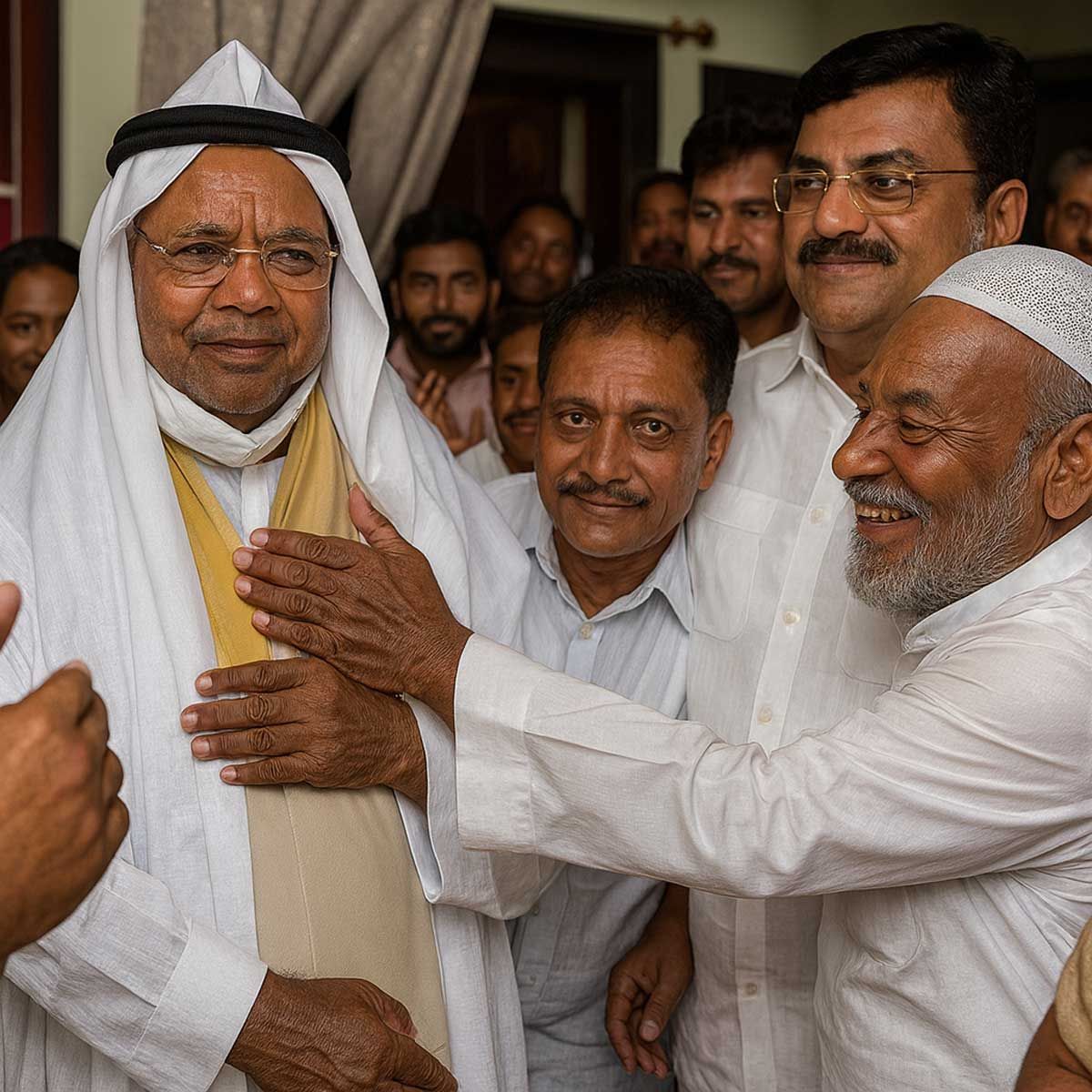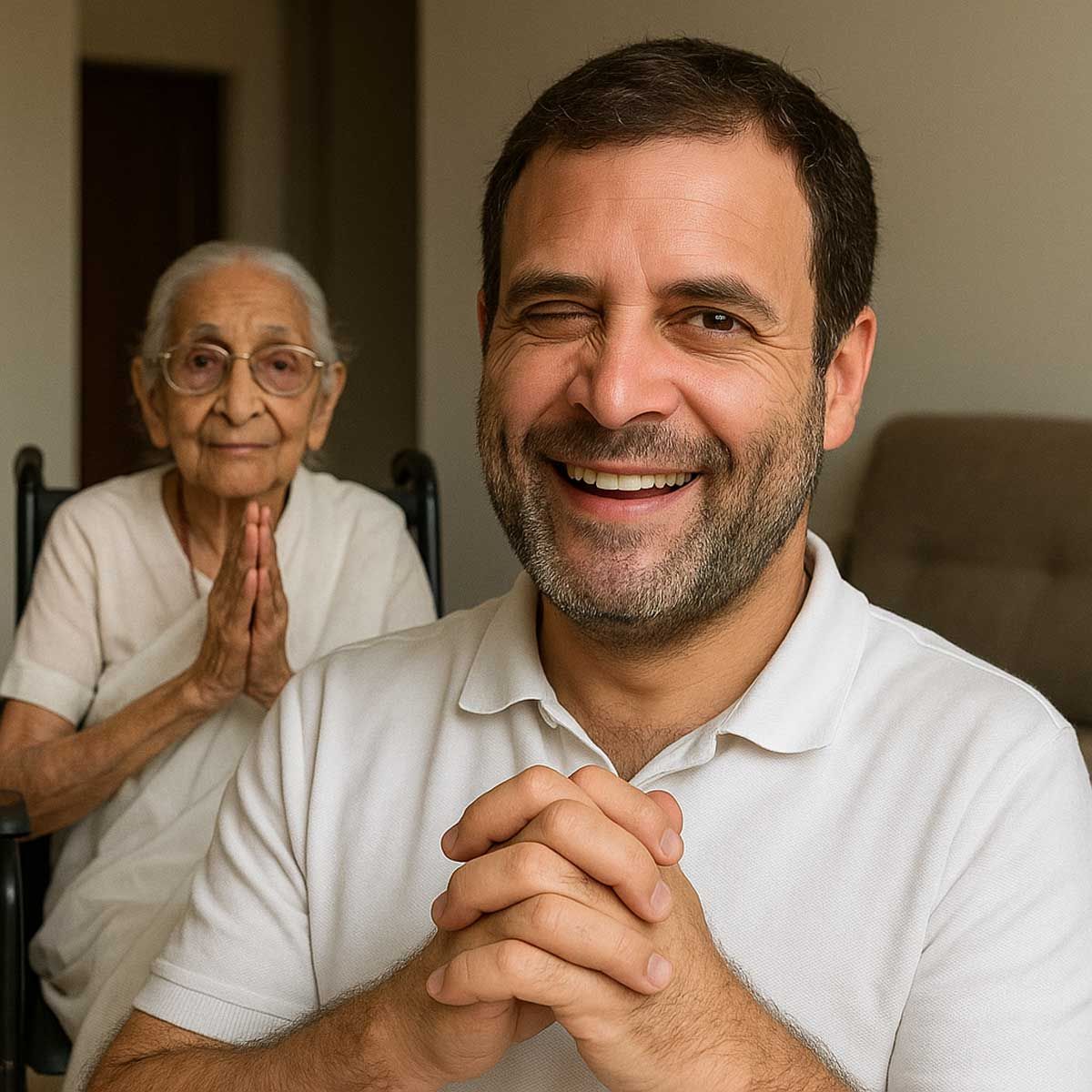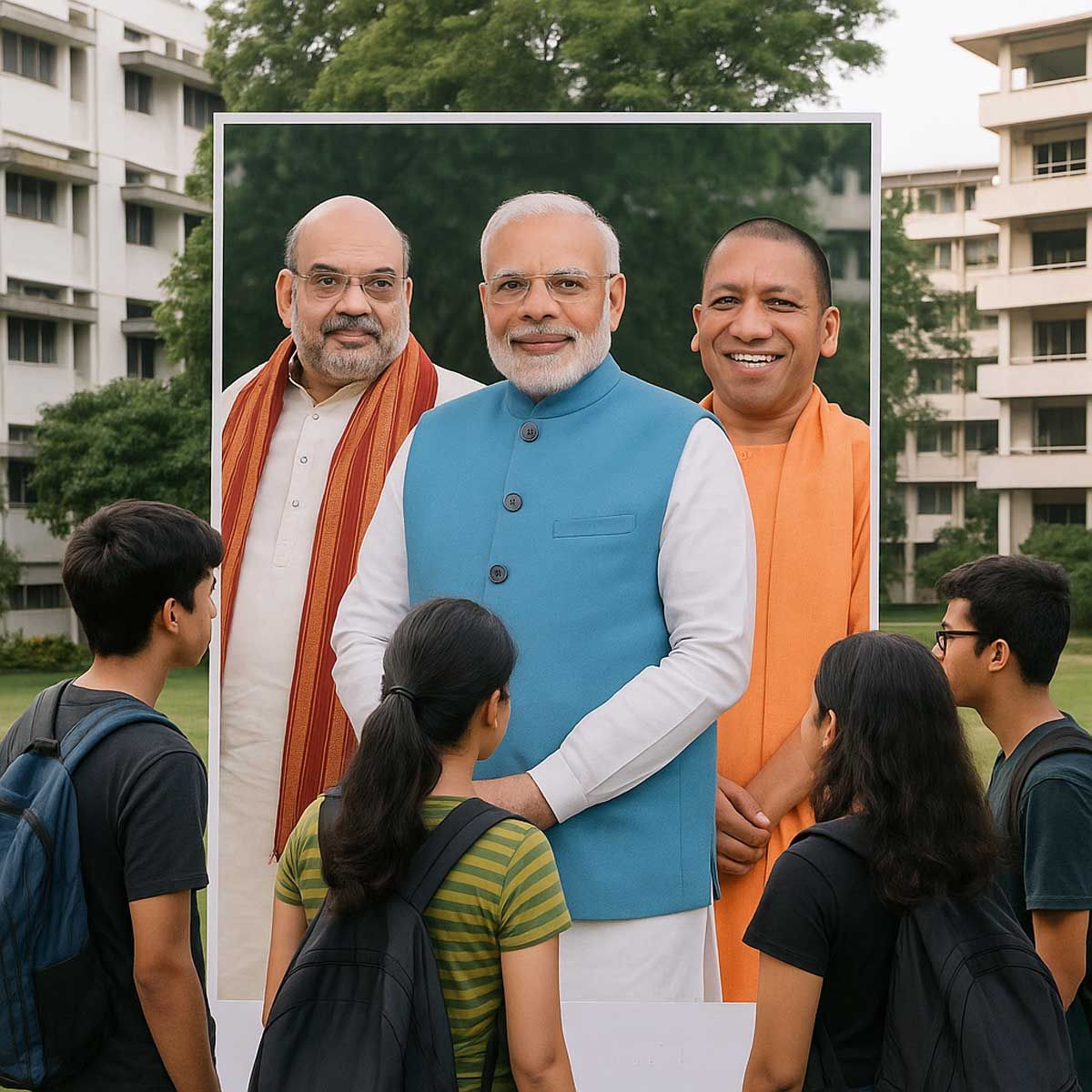More Coverage
Twitter Coverage
Satyaagrah
Written on
Satyaagrah
Written on
Satyaagrah
Written on
Satyaagrah
Written on
Satyaagrah
Written on
JOIN SATYAAGRAH SOCIAL MEDIA
Breaking | CBSE's introduces Indian languages as optional mediums of instruction in schools, fostering multilingualism and promoting inclusivity in education as aligned with NEP 2020, the move is set to revolutionise India's educational landscape
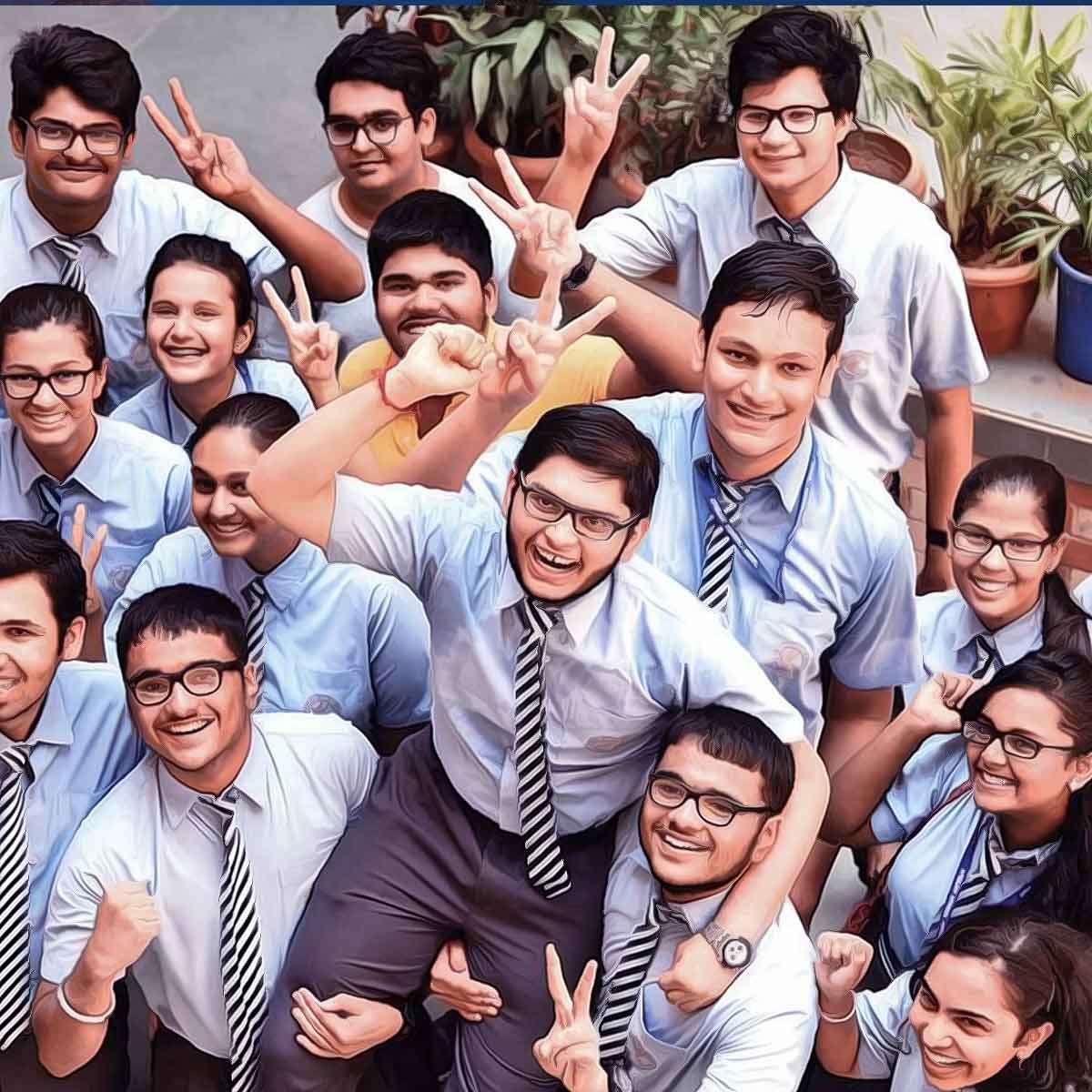
The Central Board of Secondary Education (CBSE) has recently issued a guideline to all schools associated with it, proposing the incorporation of Indian languages as optional mediums of instruction. The aim of this initiative is to encourage and promote multilingual education across the educational landscape in the country.
|
This endeavour follows the direction of the National Education Policy (NEP) of 2020, which aspires to introduce and foster the learning of numerous languages in the educational system. The CBSE's initiative is an important stride towards realising this ambition, nudging schools to think about broadening the scope of language instruction beyond the typically prevalent mediums.
Joseph Emmanuel, the Director of Academic Affairs at CBSE, underscored the significance of this initiative, expressing that the Indian languages stated in the 8th Schedule of the Indian Constitution could be employed as mediums of instruction. The envisioned usage of these languages spans from the early stages of foundational education to the culmination of secondary education, meaning from pre-primary classes all the way to the 12th grade. This would be a supplementary option to the already existing mediums of instruction.
The CBSE also laid stress on the importance of collaboration and resource sharing amongst schools, which would be instrumental in making the implementation of multilingual education a reality. By pooling resources, the board believes that schools can implement the multilingual initiative more effectively and efficiently.
|
Of course, introducing multilingual education in schools also presents a set of challenges. These include ensuring there are enough skilled teachers who can competently teach subjects in multiple languages, creating top-notch multilingual textbooks, and managing the constraint of time, especially in government schools running in two shifts.
Tackling these issues, the National Council of Educational Research and Training (NCERT) has assumed responsibility for creating textbooks in 22 scheduled languages, marking it as their top priority. The CBSE reported, as quoted by PTI, that this massive effort aims to make these language textbooks available to all students starting from the next academic sessions.
The CBSE also appreciates the work done by higher education authorities to facilitate education in multiple languages and conduct examinations in different languages. They are also working on making textbooks for technical, medical, vocational, skill-based, and law education available in Indian languages. Given these efforts at the higher education level, the CBSE firmly believes that schools should be the foundational stage for the introduction of multilingual education.
The Ministry of Education has directed the NCERT to quickly prepare new textbooks in 22 scheduled Indian languages. This effort will ensure that students have access to quality education in their mother tongue or any other Indian language, thereby making education more inclusive.
The CBSE's initiative to encourage Indian languages as mediums of instruction aims to increase the reach of education and foster a deeper connection between students and their native languages. By embracing multilingual education, CBSE-affiliated schools can significantly contribute to this crucial endeavour, thereby providing a solid foundation for future higher education.
|
Mamidala Jagadesh Kumar, the Chairman of the University Grants Commission (UGC), applauded the CBSE's decision. He said that offering education in Indian languages from pre-primary to Class XII in schools will create a steady influx of students into higher educational institutions who are proficient in Indian languages.
He expressed his thoughts via Twitter, stating that the move would stimulate creativity and innovation amongst students. The UGC's encouragement of Indian languages in higher education, coupled with the CBSE's decision to use Indian languages as an optional medium of instruction from primary classes to class 12, would make for an effective and integrated promotion of Indian languages in education.
He pointed out that the CBSE's decision couldn't have been more timely. As most CBSE-affiliated schools currently use English as the medium of instruction, with some offering education in Hindi, this move will foster linguistic diversity, cultural understanding, and academic success amongst students.
The National Education Policy 2020 advocates for the use of home language, mother tongue, local language, or regional language as the medium of instruction across all educational levels, starting from schools.
The CBSE has reiterated that the Minister of Education has directed the National Council for Educational Research and Training (NCERT) to prepare new textbooks in 22 scheduled Indian languages. These new materials are expected to be available starting from the 2024-25 academic year. As the NEP completes three years this month, the new school curriculum is also anticipated to be announced to mark the occasion.
The CBSE drew attention to the NEP 2020, which highlights the cognitive benefits of multilingualism for young students.
Union Education Minister Dharmendra Pradhan commended the CBSE's decision, lauding it as a significant step towards encouraging education in mother tongue and Indian languages in schools.
To offer some perspective on the scale of this initiative, currently, there are about 2.54 crore students studying across 28,886 CBSE-affiliated schools, taught by approximately 12.56 lakh teachers. This initiative stands to impact a significant number of students and teachers across the country, making a profound impact on the Indian educational landscape.
 Support Us
Support Us
Satyagraha was born from the heart of our land, with an undying aim to unveil the true essence of Bharat. It seeks to illuminate the hidden tales of our valiant freedom fighters and the rich chronicles that haven't yet sung their complete melody in the mainstream.
While platforms like NDTV and 'The Wire' effortlessly garner funds under the banner of safeguarding democracy, we at Satyagraha walk a different path. Our strength and resonance come from you. In this journey to weave a stronger Bharat, every little contribution amplifies our voice. Let's come together, contribute as you can, and champion the true spirit of our nation.
 |  |  |
| ICICI Bank of Satyaagrah | Razorpay Bank of Satyaagrah | PayPal Bank of Satyaagrah - For International Payments |
If all above doesn't work, then try the LINK below:
Please share the article on other platforms
DISCLAIMER: The author is solely responsible for the views expressed in this article. The author carries the responsibility for citing and/or licensing of images utilized within the text. The website also frequently uses non-commercial images for representational purposes only in line with the article. We are not responsible for the authenticity of such images. If some images have a copyright issue, we request the person/entity to contact us at This email address is being protected from spambots. You need JavaScript enabled to view it. and we will take the necessary actions to resolve the issue.
Related Articles
- A Different 9/11: How Vivekananda Won Americans’ Hearts and Minds
- BHU starts India's first Hindu Studies course with topics on ancient warfare, military strategy, women in military
- "हार्वर्ड की भैंस, हार्वर्ड का पानी, हमें क्या": In response to rising antisemitism, Lauder Business School cut ties with Harvard, supports Jew students, amidst campus tensions, Penn faces donor backlash and leadership changes, reflecting global conflicts
- Sonam Kapoor steps in to support Woke ‘activists’ over NCERT controversy, dragged the RSS too
- MP school wants to enhance knowledge of students by asking the name of Saif and Kareena’s son in exam: Notice served
- Complaint of Criminal conspiracy against NCERT for issuing manual aimed at ‘gender sensitization’ in schools, NCPCR takes cognizance
- Mini-Ratna Pawan Hans helicopter service gives way to the controversy by recruiting ‘only Muslim’, similar to a list of all Muslim candidates selected by West Bengal Police in the year 2020: Here is how there could be a Jamia connection
- USA gun violence claims the life of Indian doctoral student Aaditya Adlakha in Cincinnati, mirroring the tragic fates of Jude Chacko, Saiesh Veera, and Devsish Nandepu - all lost on foreign soil, far from their motherland's embrace, their dreams shattered
- "Rather fail with honor than succeed by fraud": ED hits Byju's with a staggering Rs. 9,000 crore notice for FEMA violations, as CEO Raveendran avoids summons, deepening the crisis in the edtech behemoth amid financial and compliance turmoil
- "Driving the future, pod by pod": IIT Madras' Avishkar Hyperloop team is spearheading a transportation revolution, with global accolades, a prototype in place, & national backing, they're not just envisioning, but shaping future of rapid transit in India
- Gandhi emphasized that he won't salute Indian National Flag if Charkha is replaced by Ashoka Chakra and wanted British flag added to it
- NCPCR sought an explanation over 824 out of 1,027 Govt schools not having principal: AAP leaders, including CM Arvind Kejriwal, had targeted Gujarat schools in view of upcoming state assembly elections
- History, tainted by biases, conceals the valor of Hemu—a Hindu king & military genius in medieval India, orchestrating 22 victories, he reshaped history at the Battle of Panipat, his strategic brilliance defied odds, leaving indelible mark on the warfare
- Santi Ghosh and Suniti Choudhury: Two Teenage Freedom Fighters Assassinated British Magistrate
- "Reviving Ancient Wisdom": Amidst confusion, NCERT's curriculum revamp hints at major shifts; introducing epics like Ramayana, Mahabharata, and renaming India as Bharat in textbooks, reflecting Modi's governance style of bold, unforeseen reforms

















